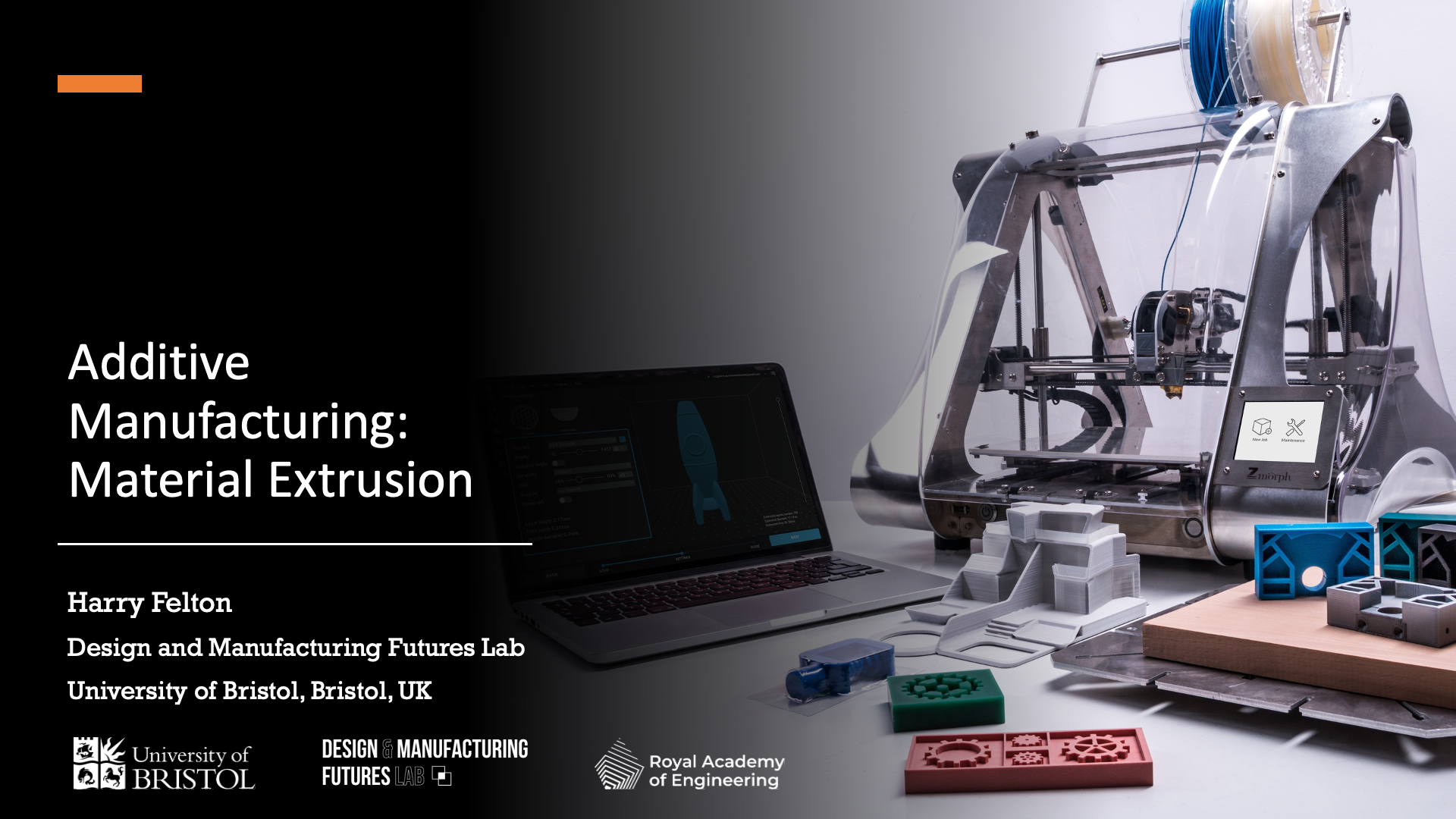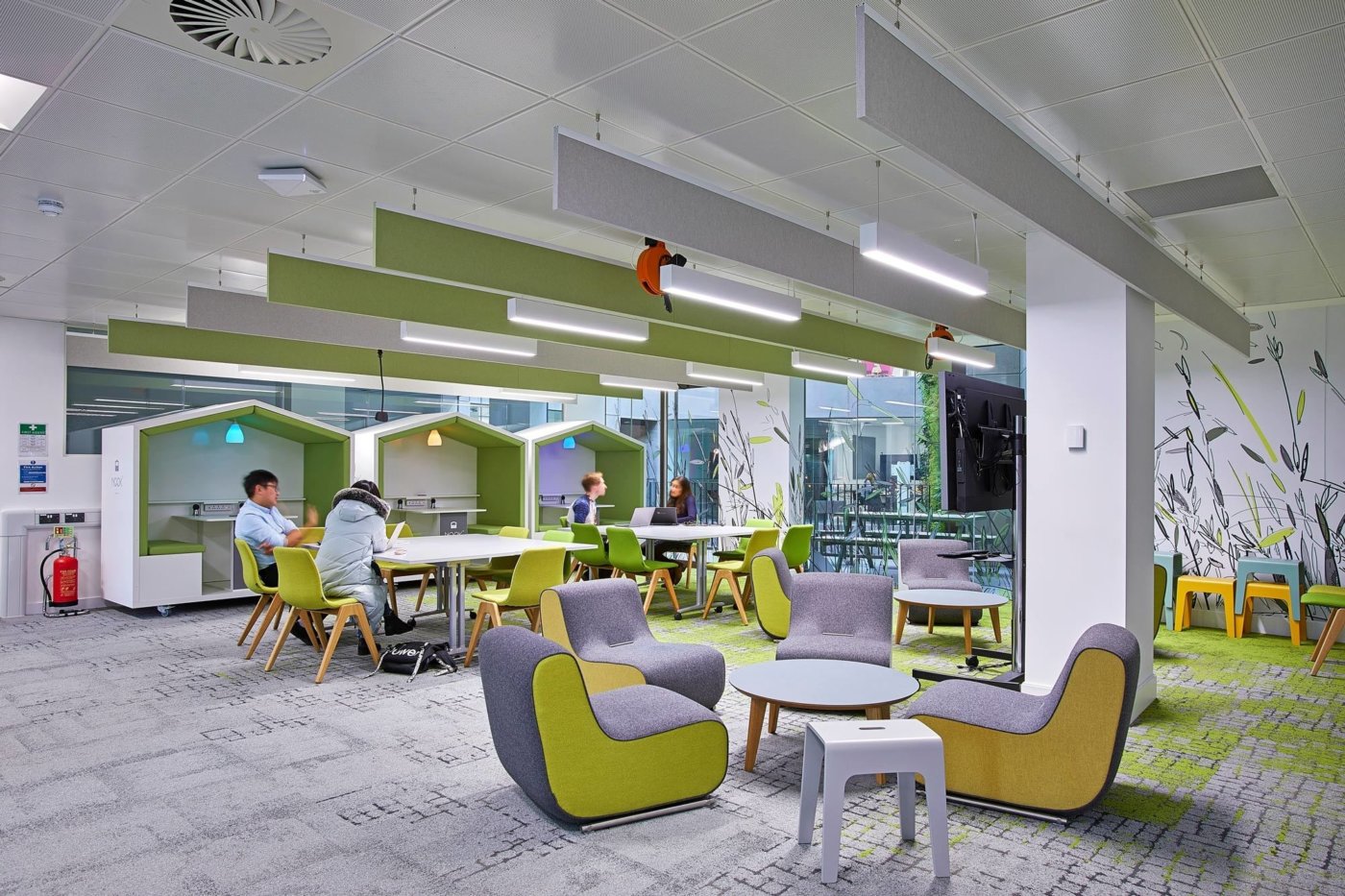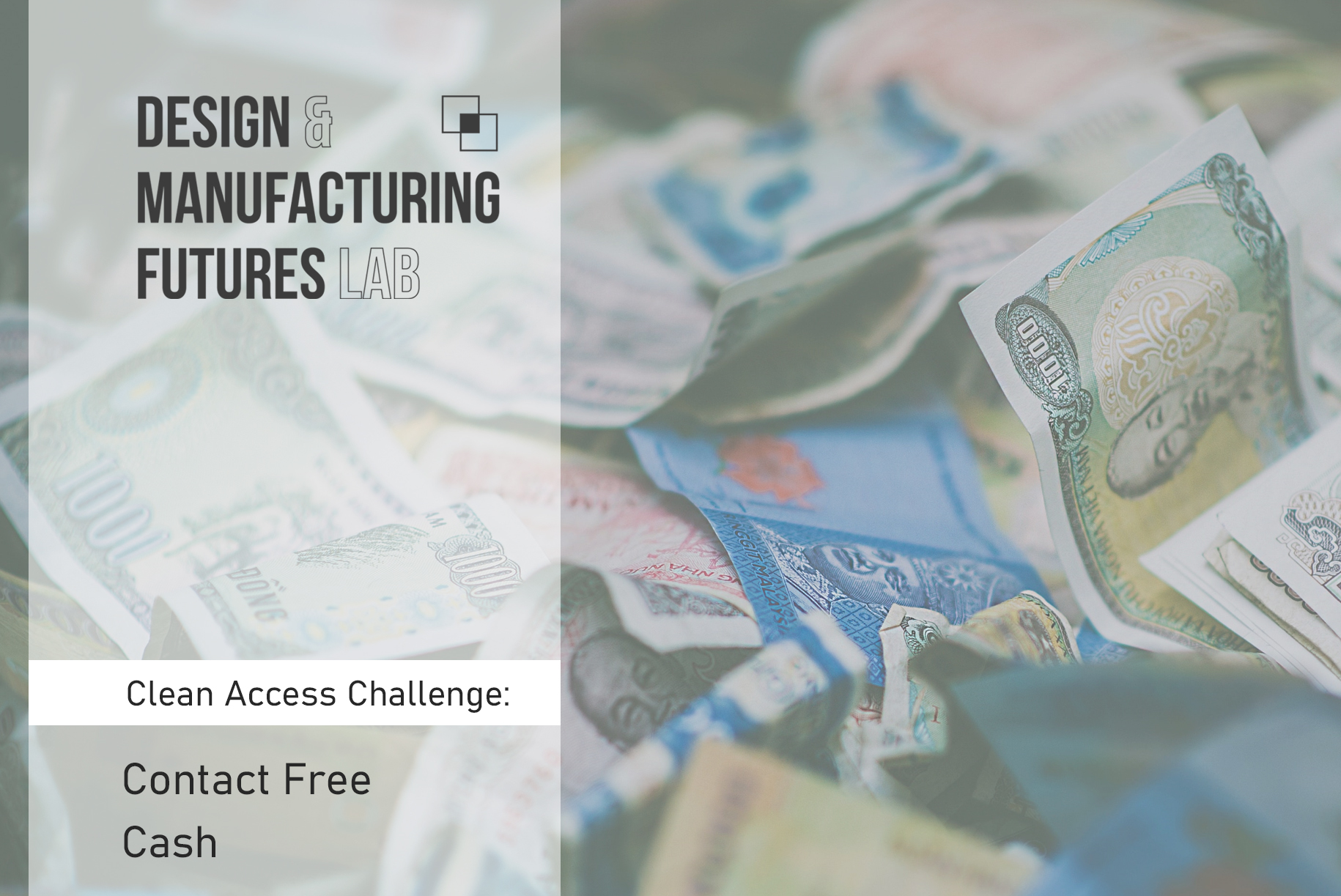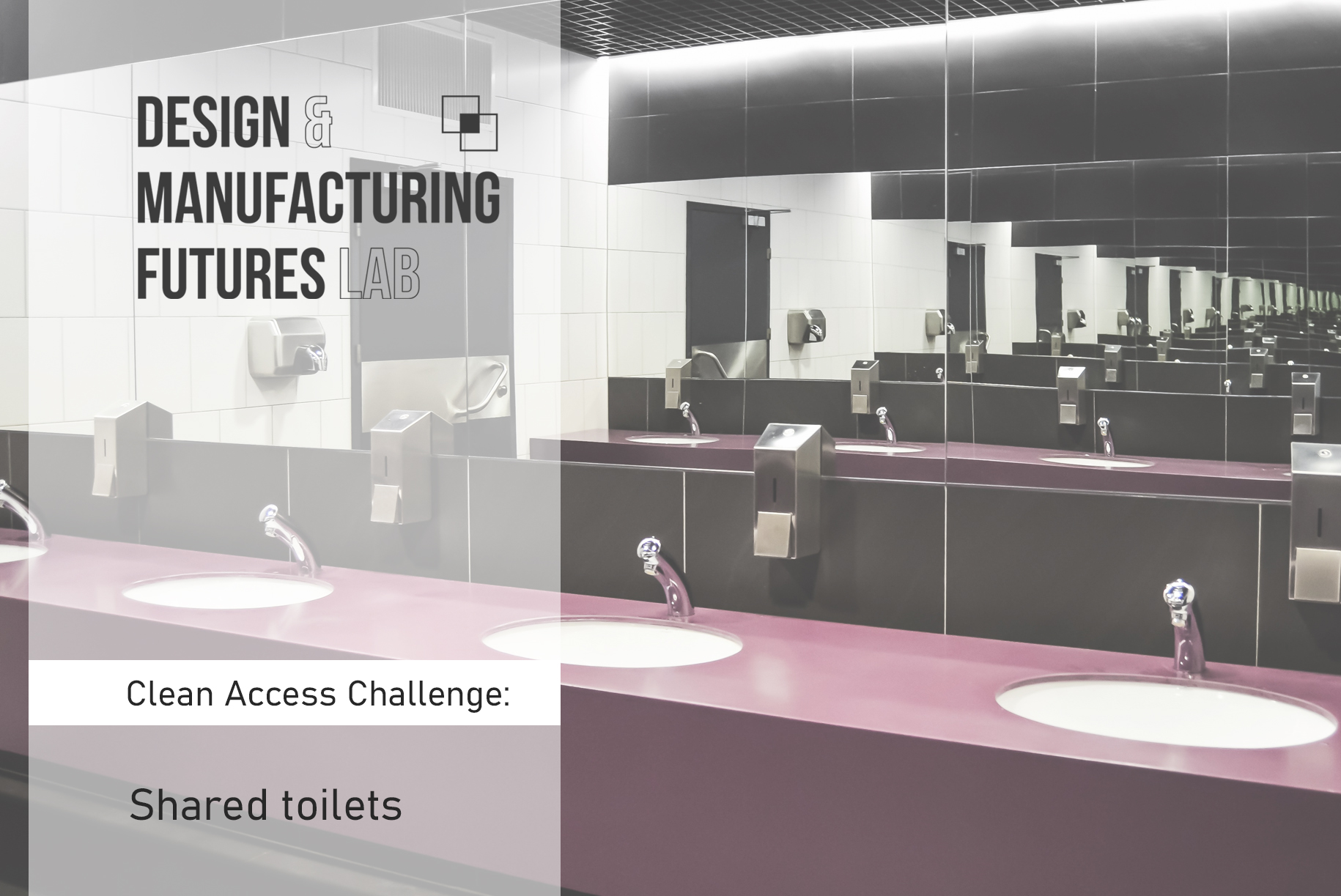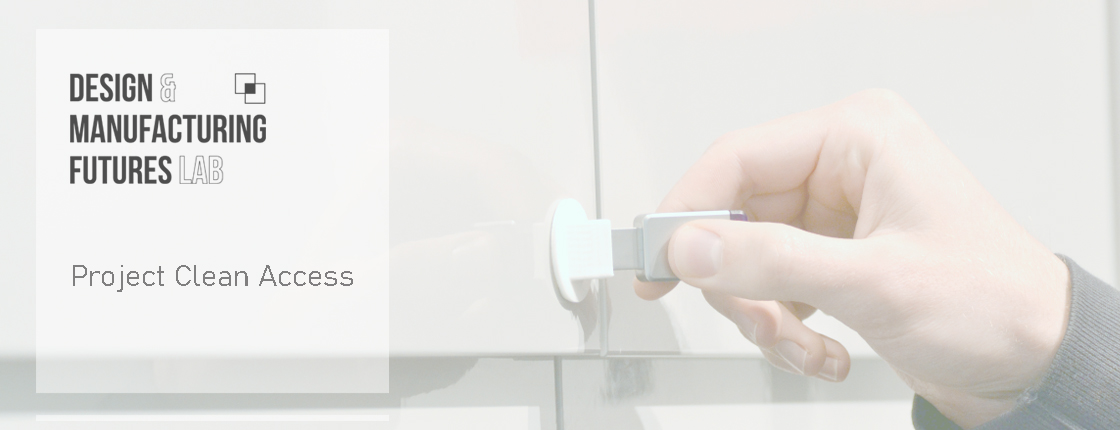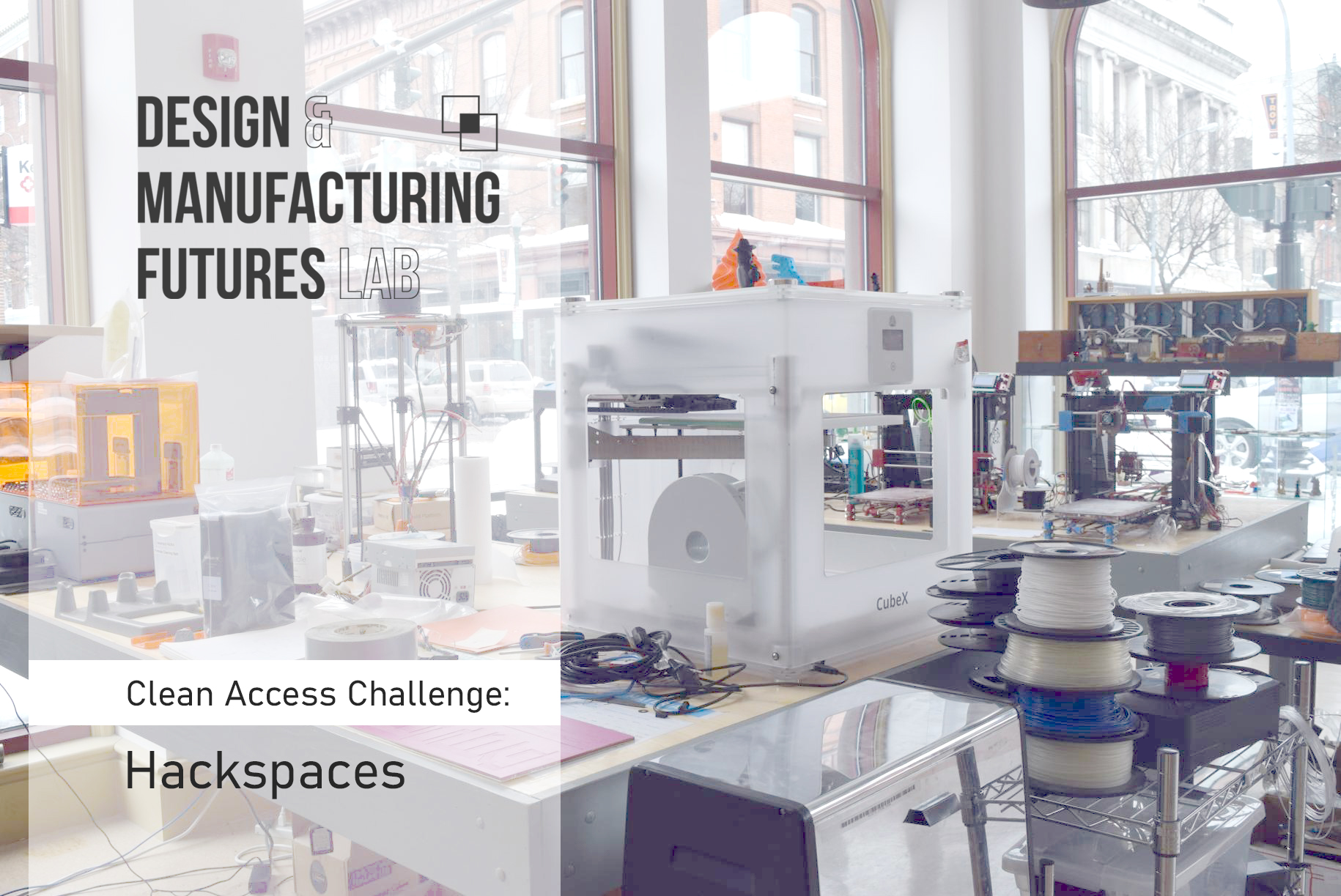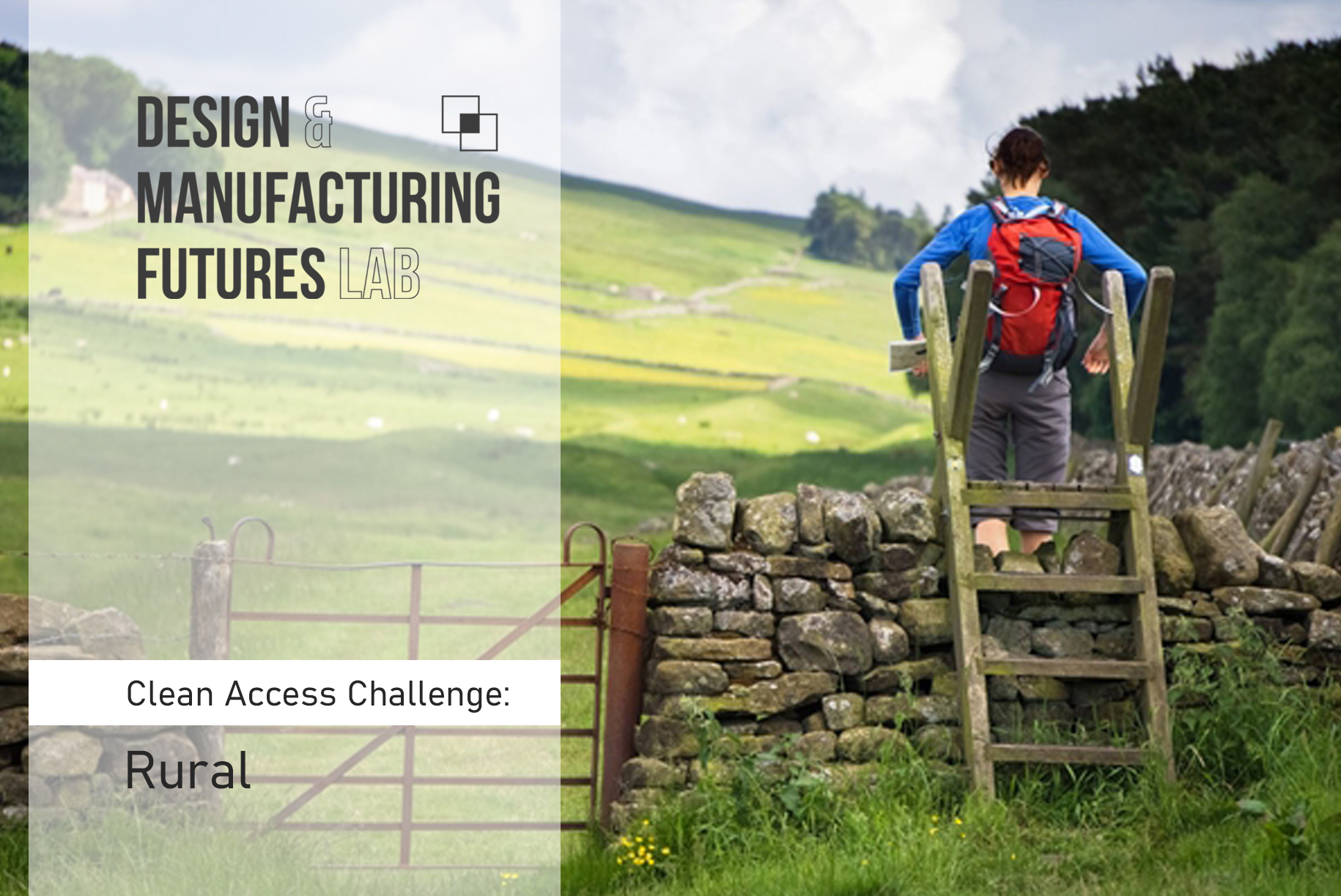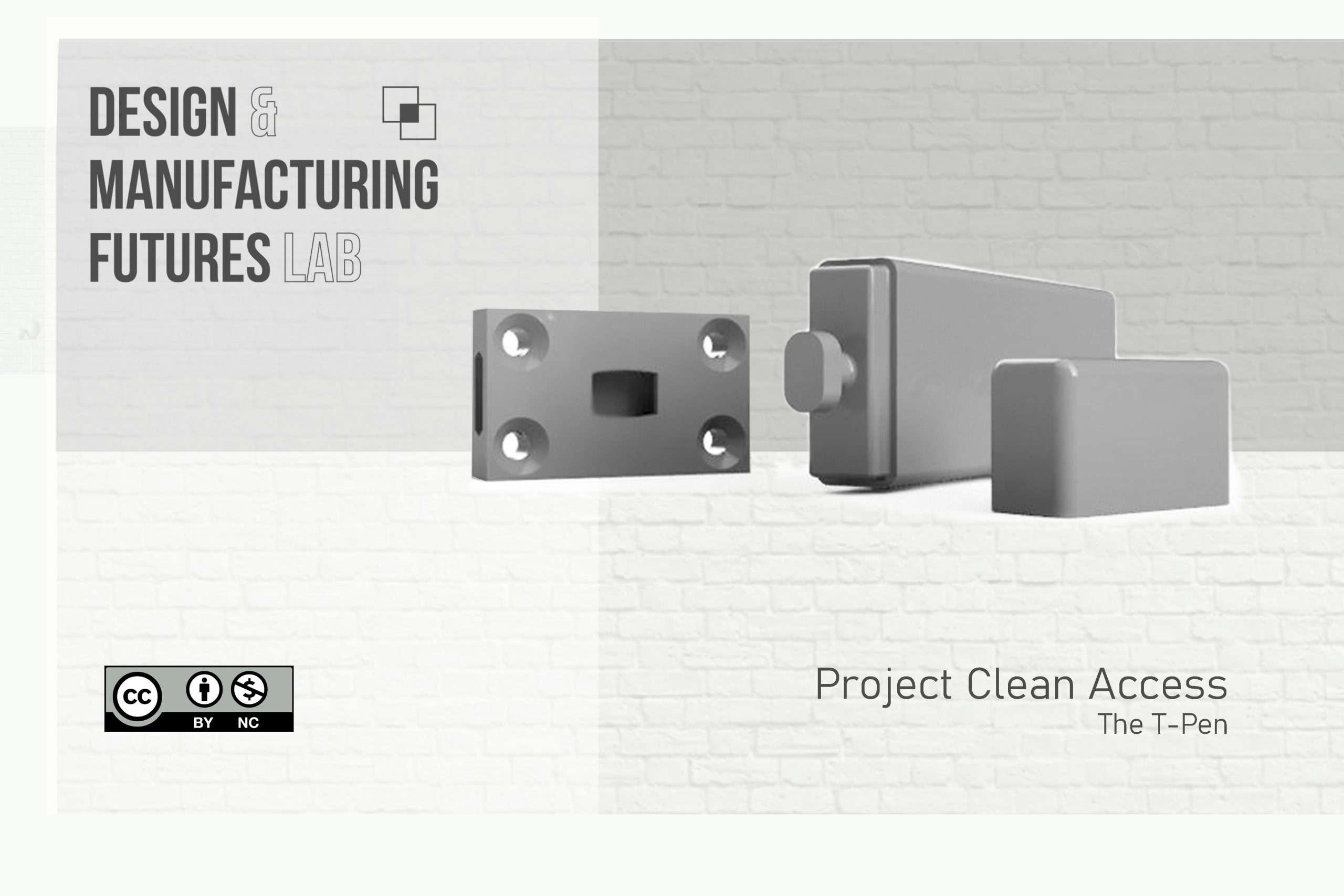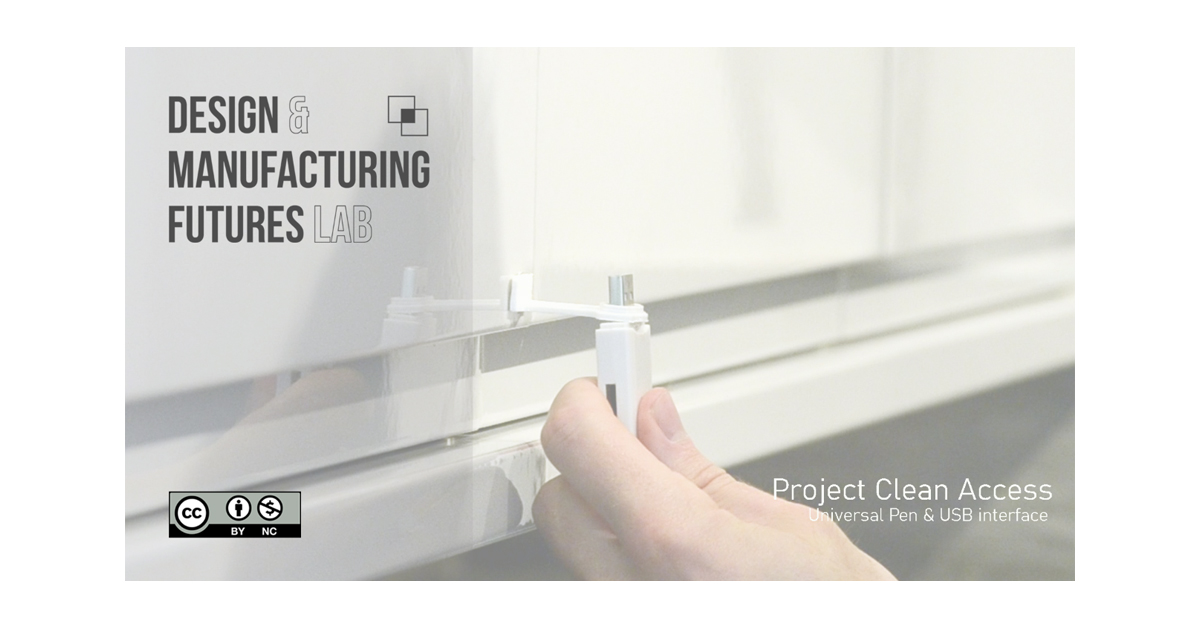Material Extrusion: An Introduction
Harry has put together a video introducing material extrusion at a beginner level as part of Project Clean Access. The aim of the video is to provide the basic understanding required to provide a foundation level knowledge to the viewer, allowing them to start printing their own designs with greater success. Initially written and targetted […]

